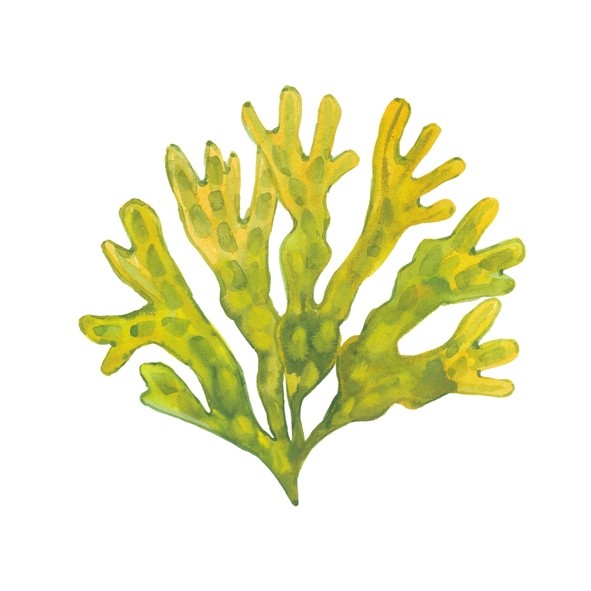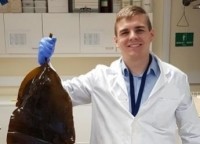Special Edition: Novel Proteins
Scotland sees potential in seaweed feed

The project involves the James Hutton Institute and Davidsons Animal Feeds.
KTPs create a dynamic three-way partnership between a company, a graduate, the KTP associate who acts as the project manager, and an expert academic team.
The idea of this KTP is to try and reduce Scotland’s reliance on imported protein inputs such as soybean meal (SBM), given the sustainability concerns linked to the cultivation of soybeans in Latin America, and their subsequent shipment to Europe, said the KTP associate leading the research, David Beattie.
Moreover, meat consumption is increasing in developing countries and such developments will only serve to squeeze the global supply of soybeans in the coming years, he continued.
Finding alternatives to SBM for feed is a long-term goal for Davidsons, said Beattie. There is a realization that securing effective substitutes won’t happen overnight.
“Davidsons want to look closer to home to protein sources though, and, in Scotland, seaweed cultivation is an under-exploited resource."
That said, there is a lot of research going on in Scotland into seaweed production, he said.
Circular economy benefits
All involved are really excited about the project and what it can do for Scotland’s circular economy, said Beattie, who started work on this KTP last March.
KTPs are funded by UK Research & Innovation through Innovate UK and delivered by the Knowledge Transfer Network (KTN).
The project is set to run for three years. The initial phase is focused on identifying, from a range of candidates, seaweeds of appropriate dietary suitability.
“From our preliminary investigations, we have seen that there is certainly a lot potential in seaweeds, and not only in relation to their protein content. There is a lot of evidence out there showing that seaweeds have prebiotic potential, so they could help improve digestibility, as well as antioxidants to improve meat quality.”
The project will involve in vitro and animal feed trials, he said.
Beattie will eventually start producing prototype feeds at suitable volumes at Davidsons’ feed mill.
“Davidsons is a family run company and the whole ethos has been about investing to improve quality and customer service. The mill is quite advanced, and highly automated, but that could also throw up some challenges in terms of how to integrate these [new protein sources] into a feed,” he acknowledged.
Certain brown seaweeds have alginates in them, and red ones can contain carrageenans - when they come into contact into water, they can form a gel-like substance, he said. “We have to look at how to manage that in production.”









